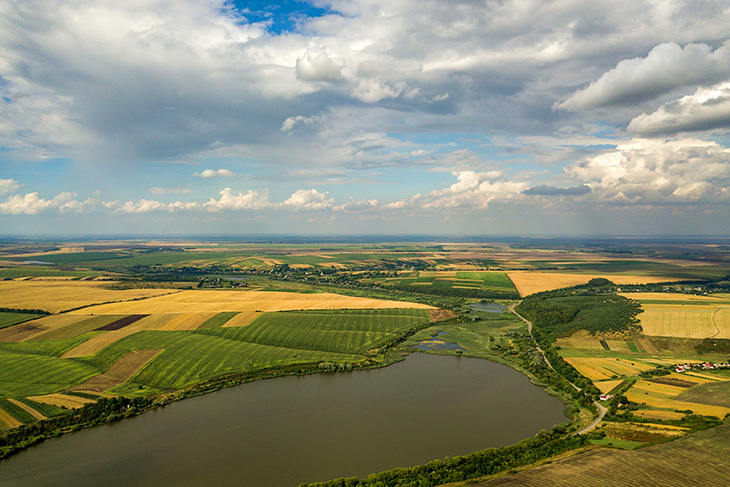
The starting point for effective water management is to understand the water cycle at the catchment scale. It determines other processes, including the nitrogen and phosphorus cycles.
In this presentation, we explain the concept of a catchment (river basin) as well as the different processes that make up the water cycle. We also present three steps in water management based on the principles of ecohydrology (Zalewski 2002), which assumes "dual-regulation" - regulation of water cycle by shaping biota and regulating biotic processes and vice versa, enhancing biota by regulating hydrology. The presented good practices show how we can influence the increase of water retention and decrease of nutrient runoff on the landscape, soil, drainage system, surface water and shallow groundwater levels. This is an invitation for more presentations!
Without understanding and balancing water resources at the catchment scale, sustainable management is not possible

